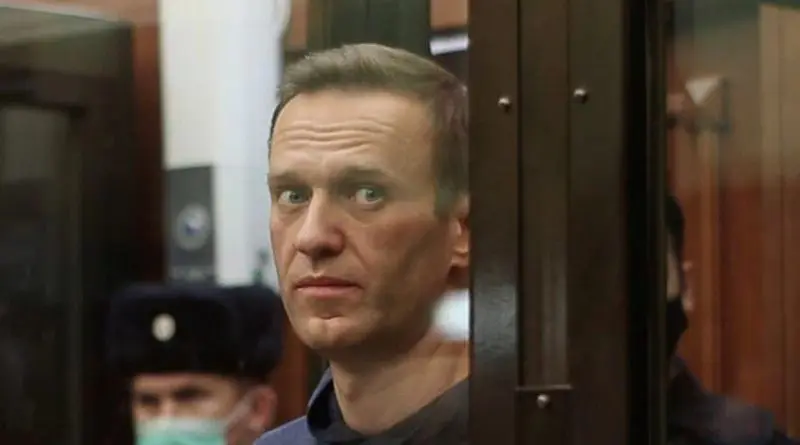Political Correctness Dominates West And Weakens Its Influence Over Russia And Other Authoritarian Countries – OpEd
By Paul Goble
The decision of Amnesty International to withdraw its designation of Aleksey Navalny as “a prisoner of conscience” reflects not the success of Kremlin actions but rather a fundamental change in the West, Sergey Shelin says. Fifty years ago, the West spoke on behalf of freedom. Now it doesn’t.
Instead, many of its opinion leaders worry about political correctness and want to avoid any problems if someone dredges up something from the past of an individual they would have supported earlier, an approach that seriously limits their ability to influence Russia and other authoritarian states, the Rosbalt commentator says (rosbalt.ru/blogs/2021/02/26/1889594.html).
“I don’t know how long the ‘new West’ will be what it is today,” Shelin says. “But in its present state it cannot help us morally because it simply isn’t capable of doing so. Its view of reality is completely different from what it was a half century ago. Then the language of freedom existed, in which it was possible to speak with the West. But now it doesn’t exist.”
Both sides are the losers, he suggests, as the Amnesty International action shows. That is because most Russians accept the mistaken notion that Navalny is simply a pawn “in the geopolitical game” and are convinced that he has no real possibility of achieving power inside his own country.
“In the short term, all this is true,” Shelin continues. “But not in the long term and not even in the medium one.” That becomes obvious if one considers the Brezhnev era, whose most important feature was not stagnation but the ideological dispute with the West about rights and freedoms.
In that dispute, the West “confidently attacked,” and the Kremlin tried to defend itself. “The Nobel prizes given to Aleksandr Solzhenitsyn in 1970 and Andrey Sakharov in 1975 marked them as moral leaders.” Both dissidents and the powers shared that assessment and that laid the groundwork for real change.
Still more important, he says, is that when perestroika began, people at the top and bottom “viewed these changes not only as a moral victory of our homegrown defenders of rights and freedoms but as a success of Western values which were viewed as indivisible and convincing.”
“But what do we see now? Amnesty International apologizes” for what it feels compelled to do in stripping Navalny of its designation as a prisoner of conscience but it also makes clear that it feels it has no choice, making statements he made 15 years ago more important than the fundamental issues he is raising now.
Clearly, a different atmosphere exists in the West and therefore the West’s ability to affect Russia has changed. What Russians and everyone else can see is that the West is no longer engaged in “the defense of rights and freedoms but in punishment for sins against political correctness no longer how long ago they were committed.”
In today’s world, there is no chance that Navalny would be given the Nobel Prize as Solzhenitsyn and Sakharov were. Their petty failings would have kept them from receiving it, just as they are preventing Navalny from being a prisoner of conscience on the lists of Amnesty International.
Those who make these decisions simply want to avoid running afoul of the guardians of political correctness. They no longer are concerned with promoting the Western values about rights and freedoms. That is a defeat not only for the West in Russia but a defeat for the West as such.
It no longer speaks confidently for the principles on which it claims to be based. It simply wants to avoid problems with those who demand political correctness regardless of what that means for anyone, Shelin says.

